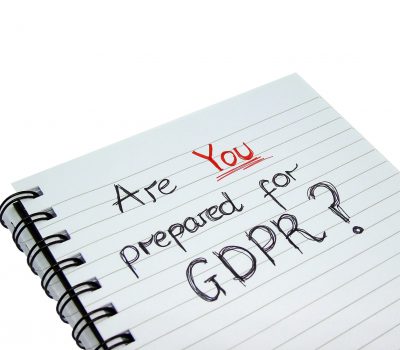


Our team sorts through all blog submissions to place them in the categories they fit the most - meaning it's never been simpler to gain advice and new knowledge for topics most important for you. This is why we have created this straight-forward guide to help you navigate our system.


And there you have it! Now your collection of blogs are catered to your chosen topics and are ready for you to explore. Plus, if you frequently return to the same categories you can bookmark your current URL and we will save your choices on return. Happy Reading!
With so much unknown around, leaders and teachers are having to make extremely difficult decisions that could in turn, effect people’s health.
Niomi Clyde-Roberts shares how we all must show empathy to one another in such times.

As I sit down and add a few more paragraphs to my report writing, we are in the ninth week of lockdown and the need for empathetic conversations has never been more relevant. I am at home, it’s 1pm and it’s taken me most of the morning, countless cups of tea and a wavering, distracted mind, to finish these reports off. This pandemic is much a case of mental strength as well as physical and school leaders and staff are living this, day in and day out.
There are many Headteachers around the country that are having to deal with decisions unlike any other. It is not just about when a deadline is reached anymore, or sticking to the school development plan, it’s about protecting people’s lives and their families lives. I’m not sure this was ever mentioned in any previous training courses?! It is the unthinkable. In the early weeks of this pandemic, my friend mentioned how they had been watching the series ‘The Pandemic’ and had finished watching a week before all the schools closed. You can watch these types of drama on TV because it is far-fetched and often thought of as events that would not happen in our lifetime. When this TV drama takes a front seat in our lives, that is when the confusion and surrealism start to hit home.
I’ve had to stay at home to undertake the twelve weeks shielding process, as I am asthmatic. This was a hard pill for me to swallow as I live for my work and not being able to help out in school, has made me feel pretty useless. My Headteacher has been fully supportive and has handled this whole unpredictable scenario with grace, empathy and humility. Something I would hope if I were ever put in a similar situation – I’d be able to show too.
I am proactive with working from home, but when you are not working with people, seeing their enthusiasm, getting stuck into learning and seeing how proud they are at the moment of finishing their hard work, it doesn’t seem as rewarding. The face of education has changed for a while. I for one didn’t realise how at home I was in the classroom. I miss my class unbelievably so and as much as I love family life and spending time with my little girl, I feel like half of me is missing. Slightly dramatic, but in any case, very true.
I think the sudden halt to the basis of teaching, face to face interaction, has had a very profound effect on people. I know it has on me. I’m naturally a deep thinker, anyone that knows me well, knows this to be true. I have always kept myself busy as a coping strategy – I know I have. Having in depth conversations with others makes me overthink less and having a classroom of children to motivate and encourage, keeps my busy mind active. I can imagine this to be true for many other educators. I think being an educator and an overthinker can sometimes go hand in hand. If Twitter is anything to go by, I think this to be true. Look back at the holidays and see how many educators get into all sorts of debates, because their minds are suddenly free from the curriculum for a week or two. They then search for other debates and potential disagreements to fill their busy and enquiring minds.
It is so important that conversations on social media, face to face and just in general are handled with a strong sense of empathy. We are dealing with humans – feelings always come first. Always.
I know you have all heard this phrase countless times before but ‘It’s not what they’ve said, it’s the way they made them feel!’ You’ve heard this so many times before because it’s so fundamentally true. There HAS to be trust, transparency and respect. There has to apologies if you get things wrong and there has to be challenge – but kind and respectful challenge. There is no room for ego, no room for spitefulness and certainly no room for manipulation. This is not true leadership. Empathy comes first, always.

The author

Read more
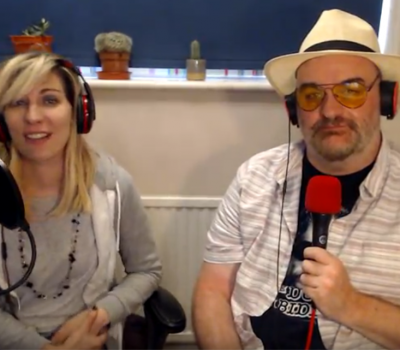
Read more
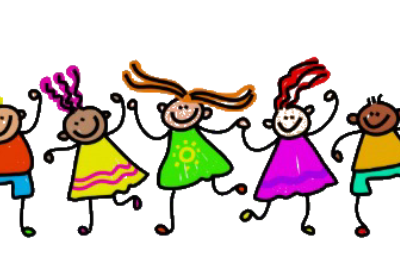
Read more
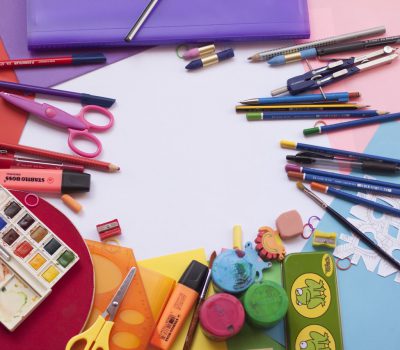
Read more
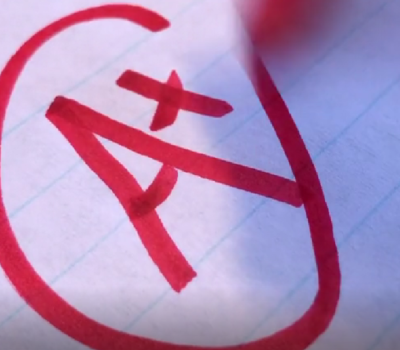
Read more

Read more
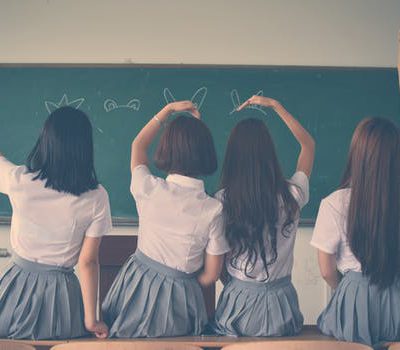
Read more
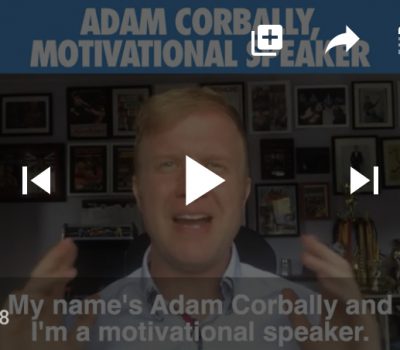
Read more


Are you looking for solutions? Let us help fund them! Nexus Education is a community of over 11,000 schools that come together to share best practise, ideas and CPD via online channels and free to attend events. Nexus also offers funding to all school groups in the UK via nexus-education.com


Established in 2011, One Education is a company at the heart of the education world, supporting over 600 schools and academies. Our unique appeal as a provider is in the breadth and synergy of the services we offer, supporting school leaders, teachers and support staff to achieve the best possible outcomes for their pupils and staff.

School Space is a social enterprise that has empowered schools for over 12 years through their profitable and hassle-free lettings services. So far, they’ve generated over £5 million in revenue for education, helping to connect over 200 schools with their local communities.


Operoo is a school operations and productivity platform. We help thousands of schools and trusts to eliminate slow, expensive and repetitive tasks. Operoo helps schools streamline and digitise processes, drastically reducing the associated costs: From student pre-admissions, permission forms, payments, and school trips; to medical information and emergency contacts, incident reporting, staff agreements, and more in over 100 languages.


Unify is an online sales and marketing tool that allows users to create tailored personalised documents in moments.


There’s nothing special about the energy we sell. In fact, it’s exactly the same energy as all our competitors provide. But there is something special about the way we do it. Where others complicate the process, we simplify it. Where others confuse customers with hidden terms, we’re an open book. And where others do all they can to make as much money from their customers as possible, we do all we can to make as little. Everything we do, we do it differently. Our customers are a privilege. One we’ll never take advantage of.


Securus provide market-leading monitoring solutions to safeguard students on ALL devices both online and offline. We also offer a full monitoring service, where we carry out the monitoring on behalf of the school, freeing up valuable staff resources. From the smallest school to large MAT groups, Securus offers safeguarding protection for all!


As European leaders of Time Management Solutions, Bodet offer Lockdown, Clock, Bell & PA Systems. Harmonys, our five-in-one IP/PoE Bell System, provides a unique customisable lockdown or panic alarm alert. Melodys, a Wireless Bell System, is useful where wiring can be difficult.